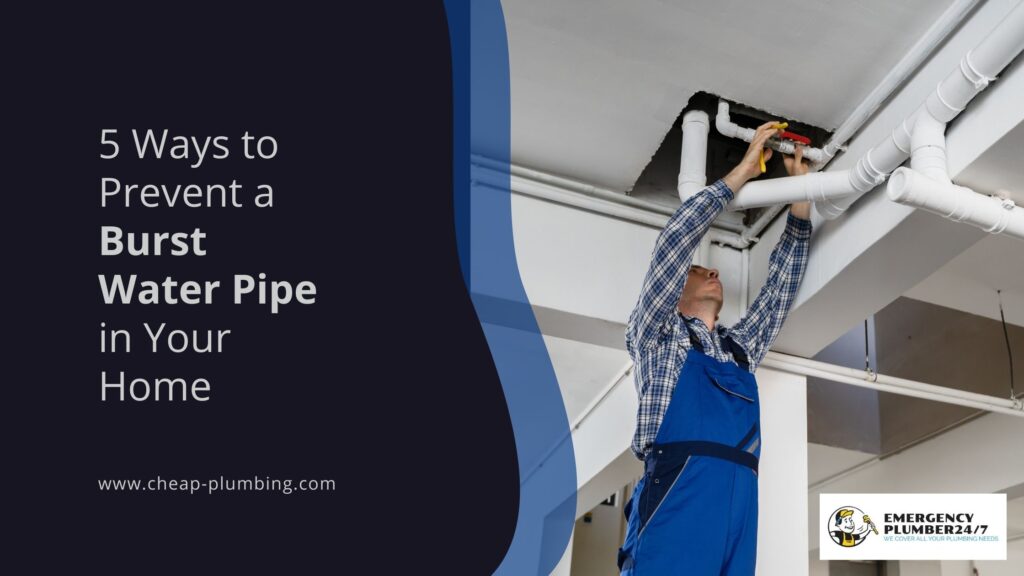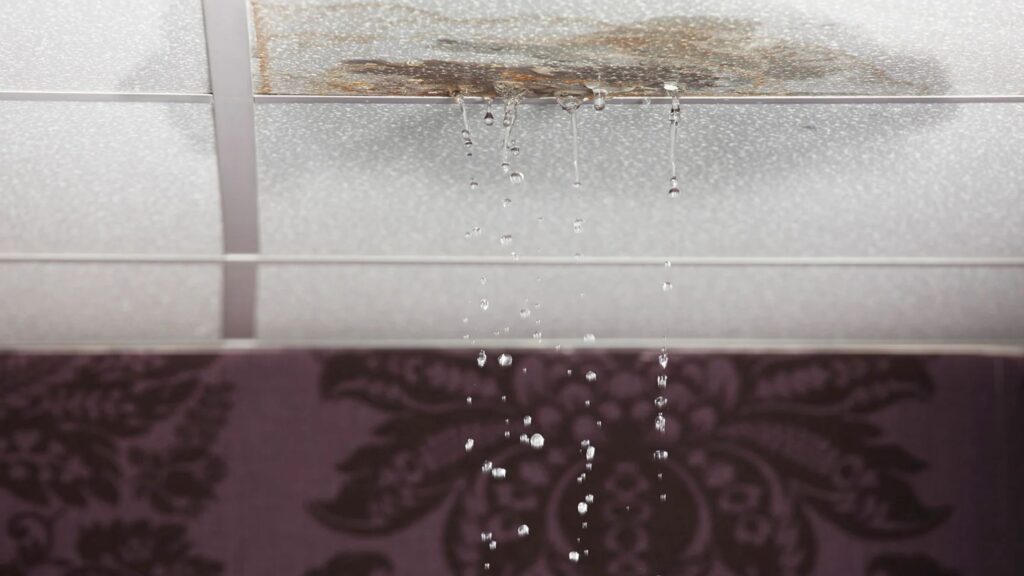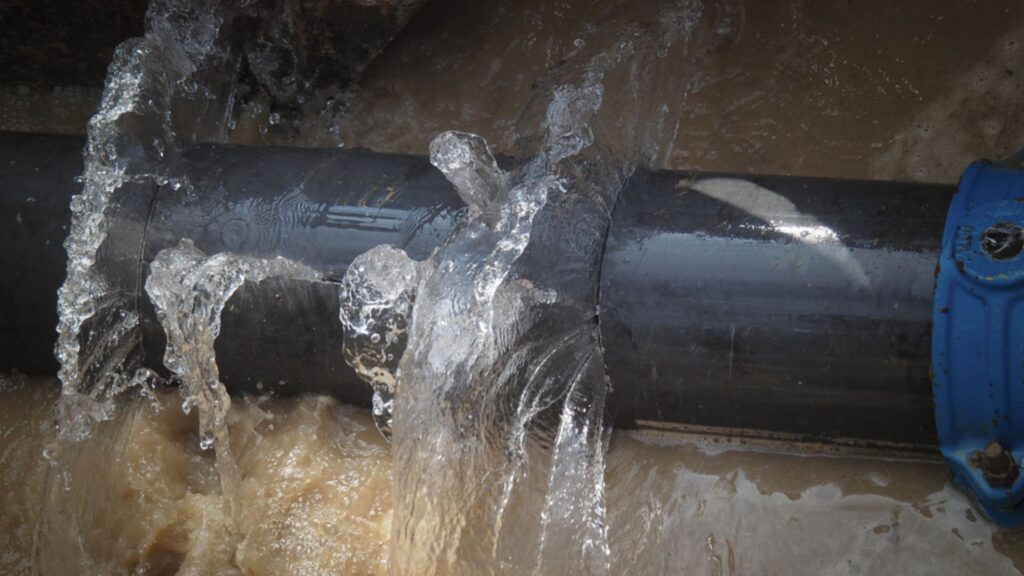A burst water pipe is a homeowner’s nightmare, leading to costly repairs and significant water damage. In Croydon, where temperatures can fluctuate, preventing a burst water pipe is crucial. This guide outlines five effective ways to protect your plumbing system and avoid the stress of unexpected leaks.

What Causes a Burst Water Pipe?
Before diving into prevention methods, it’s essential to understand what causes a burst water pipe. Here are some common reasons:
| Cause | Description |
|---|---|
| Freezing Temperatures | Water expands when frozen, increasing pressure inside pipes. |
| Corrosion | Old or worn-out pipes can weaken and break. |
| High Water Pressure | Excess pressure can cause pipes to burst. |
| Clogs & Blockages | Trapped debris can increase pressure inside pipes. |
| Poor Installation | Incorrectly installed pipes are more prone to damage. |
5 Ways to Prevent a Burst Water Pipe
These are the 5 Ways to Prevent a Burst Water Pipe:
1. Insulate Your Pipes
One of the most effective ways to prevent a burst water pipe is by insulating exposed pipes, especially in colder months.
How to Insulate Pipes:
- Use foam pipe insulation to cover exposed pipes.
- Apply heating tape to pipes in unheated areas like basements or attics.
- Keep cabinet doors open to allow warm air circulation.
Pro Tip: If you live in Croydon, consider professional pipe insulation to withstand seasonal temperature drops.
2. Maintain a Consistent Temperature
Extreme temperature changes can weaken your pipes. Keeping your home warm reduces the risk of freezing.
Steps to Maintain Pipe-Friendly Temperatures:
- Set your thermostat to at least 12°C (54°F), even when away.
- Seal gaps and cracks around windows to prevent drafts.
- Keep interior doors open to allow heat to circulate.
3. Regulate Water Pressure
High water pressure strains pipes, increasing the likelihood of bursting. Ideal water pressure: 40-60 PSI.
How to Check & Adjust Water Pressure:
- Use a pressure gauge to measure pressure from an outdoor tap.
- If above 60 PSI, install a pressure regulator.
- Avoid sudden high-pressure surges by shutting taps slowly.
Did You Know? Croydon’s water supply pressure varies, making a regulator a smart investment for long-term pipe health.

4. Keep Pipes Clear of Blockages
Blocked pipes create pressure buildup, leading to potential bursts. Regular maintenance prevents major issues.
Preventative Measures:
- Avoid flushing wipes, grease, or large food particles.
- Use drain strainers to catch debris.
- Run hot water through drains weekly to clear buildup.
Emergency Tip: If you suspect a blockage, contact an emergency plumber in Croydon before the situation worsens.
5. Conduct Regular Plumbing Inspections
Routine inspections help identify weak spots before they lead to a burst water pipe.
What to Check:
- Look for damp spots on walls or ceilings.
- Listen for unusual sounds like banging pipes.
- Inspect for rust or discoloration on exposed pipes.
Fact: Most burst water pipes start as small leaks that go unnoticed. A yearly inspection can save thousands in repairs.
Frequently Asked Questions (FAQs)
1. How do I know if my pipes are at risk of bursting?
- Low water pressure
- Visible leaks or corrosion
- Frequent pipe noises (banging or whistling)
2. What should I do if my pipe bursts?
- Shut off the main water supply immediately.
- Open faucets to drain remaining water.
- Contact an emergency plumbing service in Croydon.
- Remove excess water to prevent damage.
3. Can I prevent frozen pipes without professional help?
Yes! Keep faucets dripping slightly, open cabinet doors, and use insulation to protect pipes.

Conclusion
Preventing a burst water pipe is all about proactive maintenance and preparation. By insulating pipes, maintaining a steady temperature, regulating water pressure, keeping pipes clear, and scheduling inspections, you can avoid costly repairs and property damage. If you suspect a plumbing issue, don’t wait—reach out to a Croydon emergency plumber today!
Need expert assistance? Visit Cheap Plumbing for reliable emergency plumbing services in Croydon!
